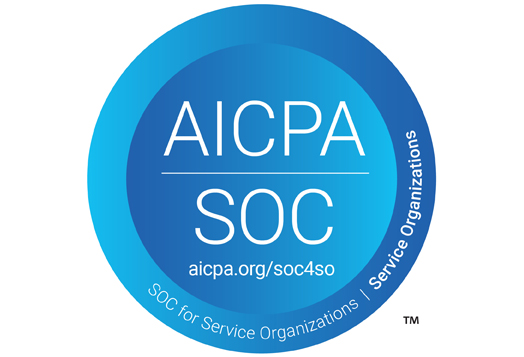- Are you running out of space, losing time to inefficiencies, worried about security/regulatory issues, or just need to reduce costs?
- Documents cause stress, cost money, and lead to chaos.
- eBizDocs helps government and business organizations find comfort in getting their documents under control.
- We listen and help you map out a step-by-step plan for your organization.
Trusted and Secure
eBizDocs Assures Customer Trust with
SOC2 Type II Certification
Pairing eBizDocs services with its SOC2 certification creates an enterprise-grade solution, that scales to the needs of Public sector, Small-to-Midsize Businesses (SMB), and Enterprise level clients. eBizDocs meets the rising demand for remote workers needing to access and share information by delivering safe and reliable content solutions.
Request Report

0
pages securely scanned daily
0
YEARS +
solving business challenges

0
combined customer savings
Document Scanning and Conversion
Over the years the scanners at eBizDocs have securely scanned and converted everything from New York State birth certificates to entire Human Resource Departments. No matter what type document or how big the volume, eBizDocs has the scanners, technology, and team to offer you information at your fingertips.
Document Management and Services
Recent eBizDocs Insights















